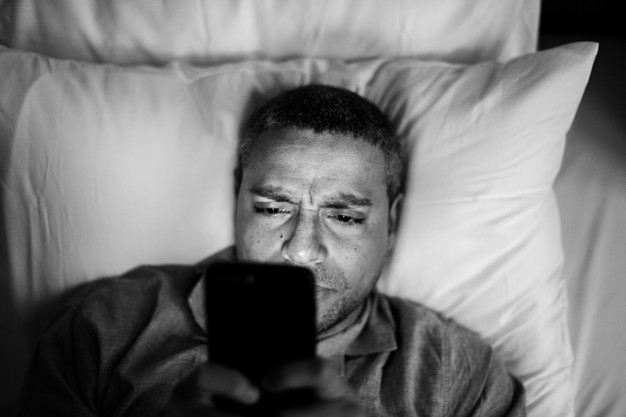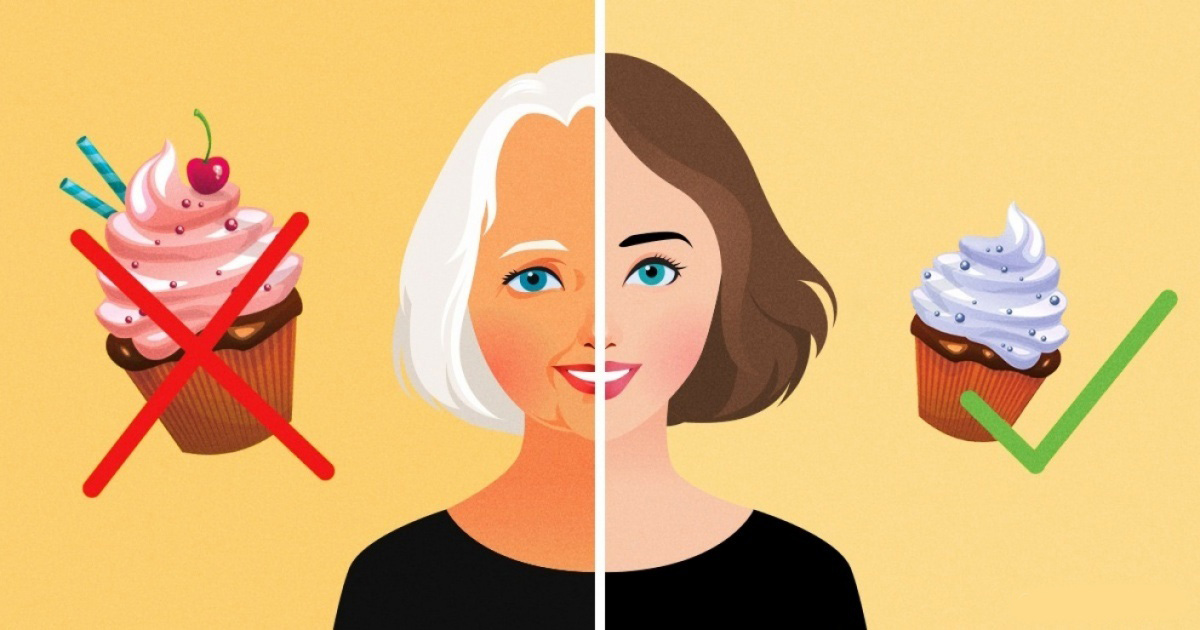It’s, oh, I don’t know, 3 o’clock in the freaking morning, and I’m lying on the bed, turning the pillow in frustration. I’m trying to hope that I can spend a few hours with my eyes closed before I have to get up.
But I’ve been through this enough to know that the beast of insomnia can’t always be tamed.
I am not alone. Insomnia is incredibly common in the United States. According to the American Academy of Sleep Medicine, about 30% of American adults have some form of insomnia, and it’s more common in women than men.
For anyone who has developed an expertise in fruitlessly counting sheep, we’ve put together some strategies to finally catch the lost Zzz. And if you’re reading this at 3 in the morning, because your mind is still racing, don’t worry.
What Is Insomnia?

Insomnia is the inability to fall asleep, stay asleep, or sleep as long as it takes to wake up, feeling rested. Insomnia can be acute (lasting one or more nights) or chronic (occurring three times a week for at least three months). Reliable Source Your symptoms include:
- Difficulty getting to sleep
- frequent awakenings at night
- get up very early in the morning
- daytime sleepiness
- Difficult to focus
- irritability
What Do You Do If You Can’t Fall Asleep?
1. Invest In A Good Mattress And Pillows
Uncomfortable bedding can lead to poor sleep quality. A comfortable mattress increases the chances of a successful nap. Consult the advice of the National Sleep Foundation to choose the right pillow.
2. Dim The Lights Before Bed
Exposure to bright lights before bed can negatively affect your chance of getting quality and quantity of sleep. The light suppresses the secretion of melatonin, the hormone that influences your circadian rhythms and tells your body that it’s night-night time.
Assuming you don’t want to sit in the dark for hours, find the happy medium by dimming the lights as bedtime draws near.
Also consider replacing lamps with others with a “color temperature” below 3,000 Kelvin. These soft / warm varieties can reduce the effects of light on the nervous system.
3. Turn Off The Screens
Artificial (or “blue”) light emitted from screens can disrupt the body’s sleep preparations, stimulating daytime hormones. Reduce your exposure by turning off televisions, phones, and computers at least an hour before bed.
If you can’t get away from the blue lights before bed, consider making a small investment in glasses that block blue light.
Can’t sleep, but don’t want to leave television late at night? At least decrease the screen brightness, manually or with the help of automated programs.
4. Minimize Annoying Noise
Some external noises, such as a busy street or a neighbor’s barking dog, are beyond your control. Cover them with the sound of a bedside fan, a white noise machine, or other sounds to help you sleep.
5. Keep It (A Dark And) Cool
A cool, dark environment in the room helps promote restful sleep. Adjust the thermostat so that the temperature in your room is between 60 and 75 ° F. Try to find out which temperature works best for you.
Use heavy curtains, blackout curtains, or a mask to block out lights. Charge your phone and laptop outside the room, even the small light from a charging device can disrupt sleep.
6. Ban Work From The Bedroom
Beds should only be used for sleeping. Bringing work into the room is a surefire way to discourage quality sleep.
7. Follow A Schedule
Try to keep the same waking time, even on weekends. If your alarm sounds at 6 am Monday through Friday, set it to the same time on Saturdays and Sundays. The early alarm can make you moan, but you sleep better because of it.
8. Set Aside “worry Time” During The Day
Every day, spend about 15 minutes solving problems, so they don’t pop out when your head hits the pillow. Schedule tasks and resolutions on your calendar. If a specific stressor keeps you awake at night but has a clear end date, this can help get it off your nighttime mind.
9. No Smoking
Do you need another reason to leave? Smokers often experience insomnia symptoms, possibly because their bodies experience nicotine withdrawal at night.
10. Exercise
Moderate aerobic activity can improve the quality and quantity of sleep. For best results, exercise at least three hours before bed, so your body has enough time to relax before you hit the sack.
Make the night easier by accepting insomnia for what it is. Stop judging and be nice to yourself. The silver lining? You can see a glorious sunrise.









